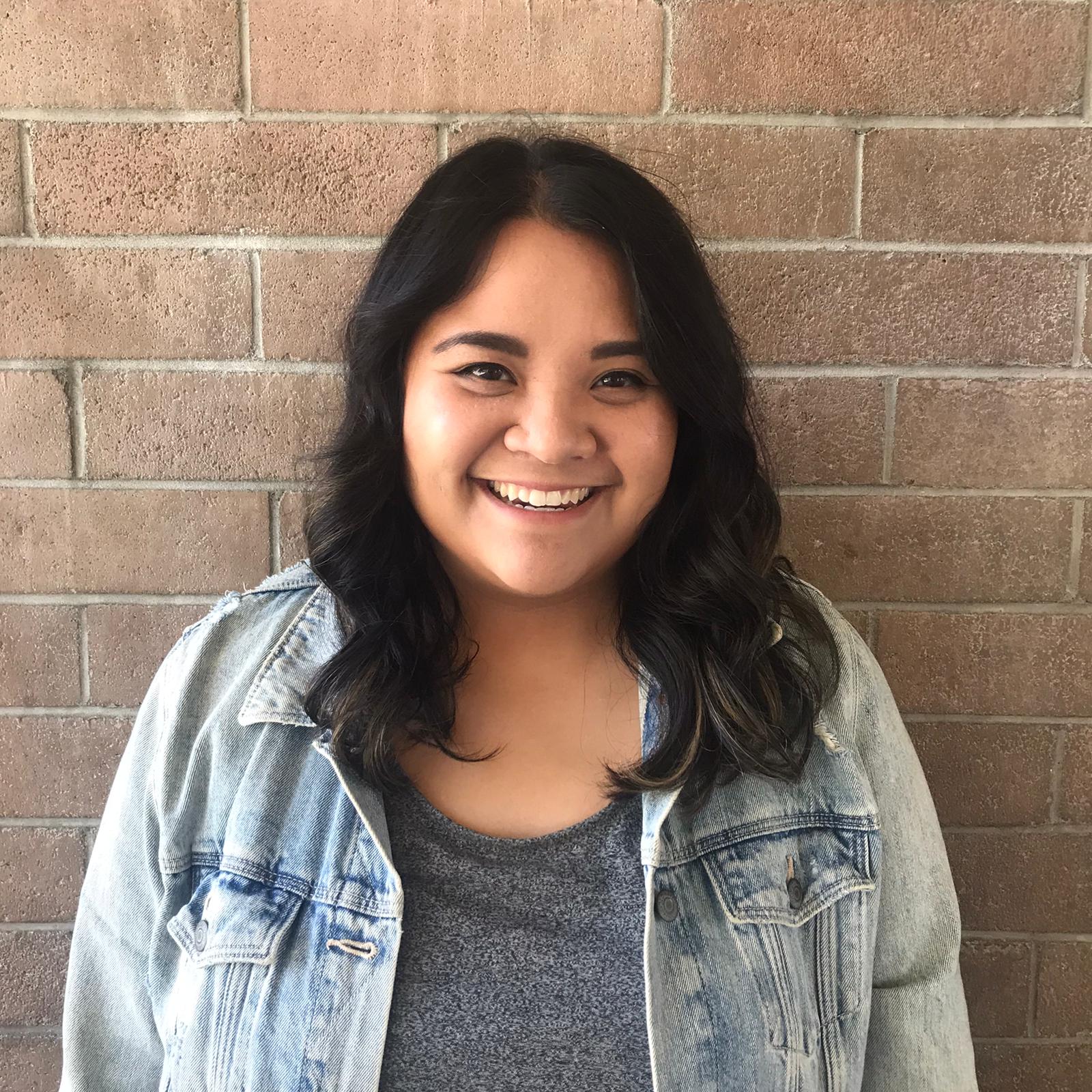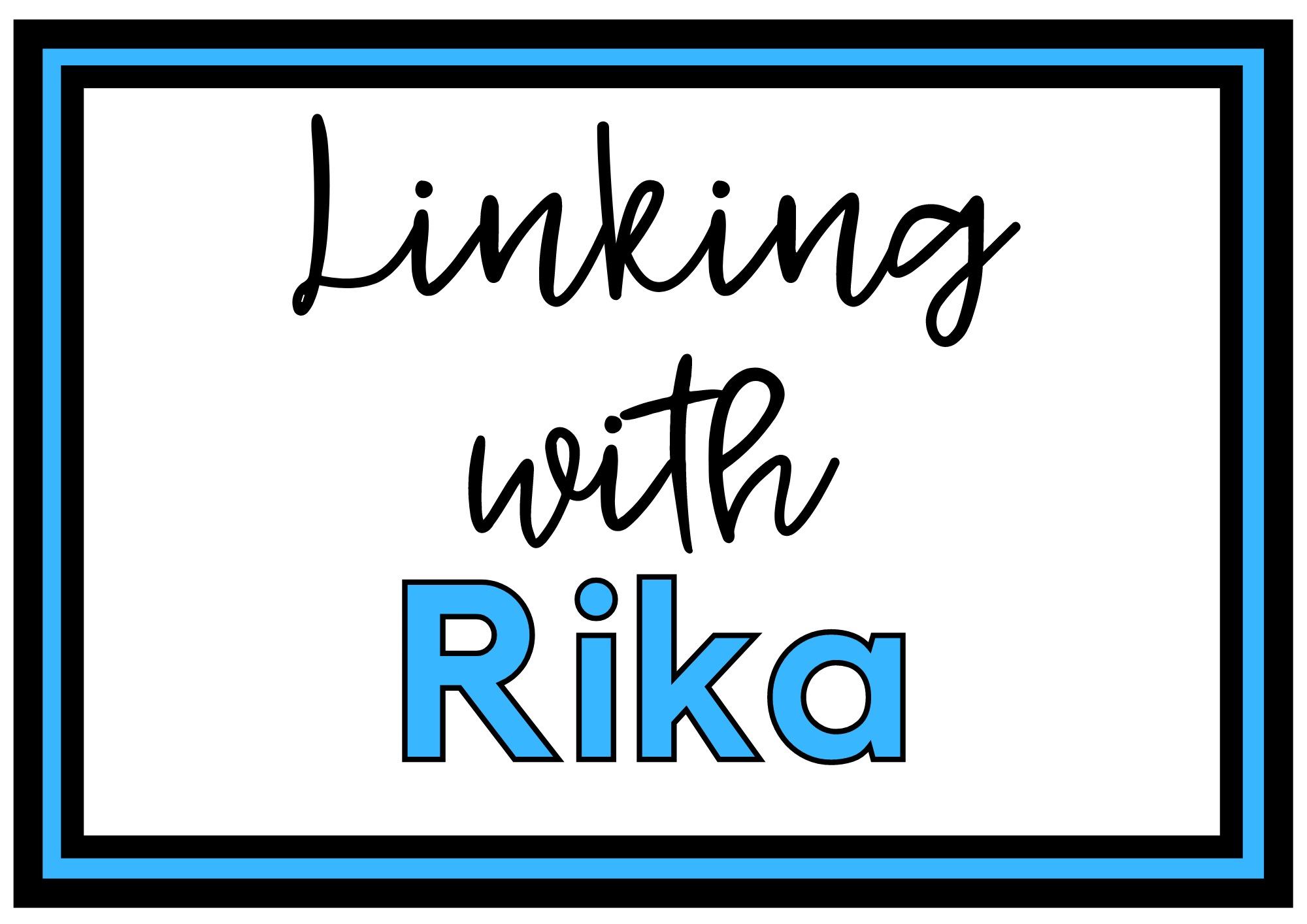Linking with Rika Vuong
RIKA’S TASK #7 BLOG POST
MY COMMENT ON HER POST
Hi Rika,
I appreciated you starting and ending your Mode-Bending task in both English and Chinese. Your reflection explaining that you may have preferred to demonstrate your identity in Chinese, but finding it challenging to translate words between English and Chinese; was something that resonated with me. While I am probably not nearly as proficient in speaking my native Filipino dialect, Tagalog, I can understand it well enough. And if I were to try to speak it, I know that I would have a tough time trying to find the words to translate my thoughts. I can only imagine your experience as someone who can speak Chinese fluently.
I also appreciated your point about “not only re-negotiate [your] identity (New London Group, 1996), but to also re-negotiate the place-ness of [your] identity”. I very much got that sense of place and your social experiences and processes, based on the items in your bag. It was particularly present in your items related to your children. It is clear you value your time with your family! (Also kudos to you working, raising some kids while in graduate school – Don’t know how you do it!)
Thanks for a great post!
MY SUMMARY AND REFLECTION
I enjoyed Rika’s multimodal choice for the mode-bending task. Her meaningful choices in speaking in both English and Cantonese, as well as including upbeat background music, created that space and identity she wanted to demonstrate. I was able to experience a semblance of her place and identity; especially when it came to her family.
She also described how the multimodality allowed for accessibility, something which I concur with and thought about as well, during my own redesign process. Where Rika used speech, text and visuals, I used speech and text. She made an insightful point about the authority or privilege that comes with writing and text; something I admittedly did not think about. I imagine how different it would have been if I were engaging in someone else’s assignment; who perhaps spoke in a different language from the text written. Unless I knew both languages, I could only experience half of it because I do not have the same privilege. This was a good reminder to ensure I think about the accessibility and privilege of my students, as I move forward in creating experiences in text and technology.

